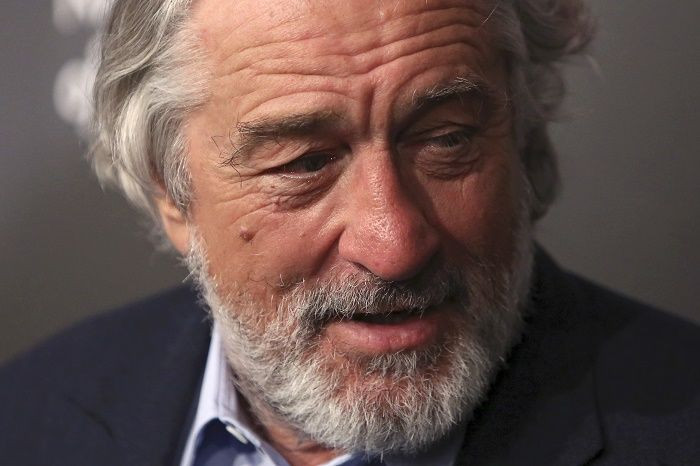Robert De Niro Pulls Controversial Documentary, 'Vaxxed', From Tribeca Film Festival

Not even 24 hours after Robert De Niro defended the documentary he selected for the Tribeca Film Festival, called "Vaxxed: From Cover Up To Catastrophe," the 72-year-old actor has pulled it from the schedule.
Directed by Andrew Wakefield, lead author of the infamous 1998 study linking vaccines to autism, the documentary largely accuses the U.S. Centers for Disease Control and Prevention of committing fraud to cover up the connection between the two, according to The Washington Post. The thing is, Wakefield's study has since been retracted, and when people first caught wind of 'Vaxxed,' they accused De Niro of spreading misinformation. He released a statement yesterday to defend himself, saying he was "not personally endorsing the film, nor am I anti-vaccination; I am only providing the opportunity for a conversation around the issue."
What changed?
“My intent in screening this film was to provide an opportunity for conversation around an issue that is deeply personal to me and my family,” said De Niro, who co-founded the festival, according to the New York Daily News . “But after reviewing it over the past few days with the Tribeca Film Festival team and others from the scientific community, we do not believe it contributes to or furthers the discussion I had hoped for.”
De Niro denied the backlash factored into his decision. Wakefield and other anti-vaxxers disagree.
“We have just witnessed yet another example of the power of corporate interests censoring free speech, art, and truth. Tribeca’s action will not succeed in denying the world access to the truth behind the film ‘Vaxxed,'” Wakefield said in his own statement on the film’s website.
Others, however, congratulated De Niro on his decision to pull the film, including some doctors who believed the documentary was based on discredited science. If he went ahead and showed the film, health care providers believe it would possibly persuade parents to forgo vaccines for their children, which the most recent research concludes is not a risk factor for autism.



























